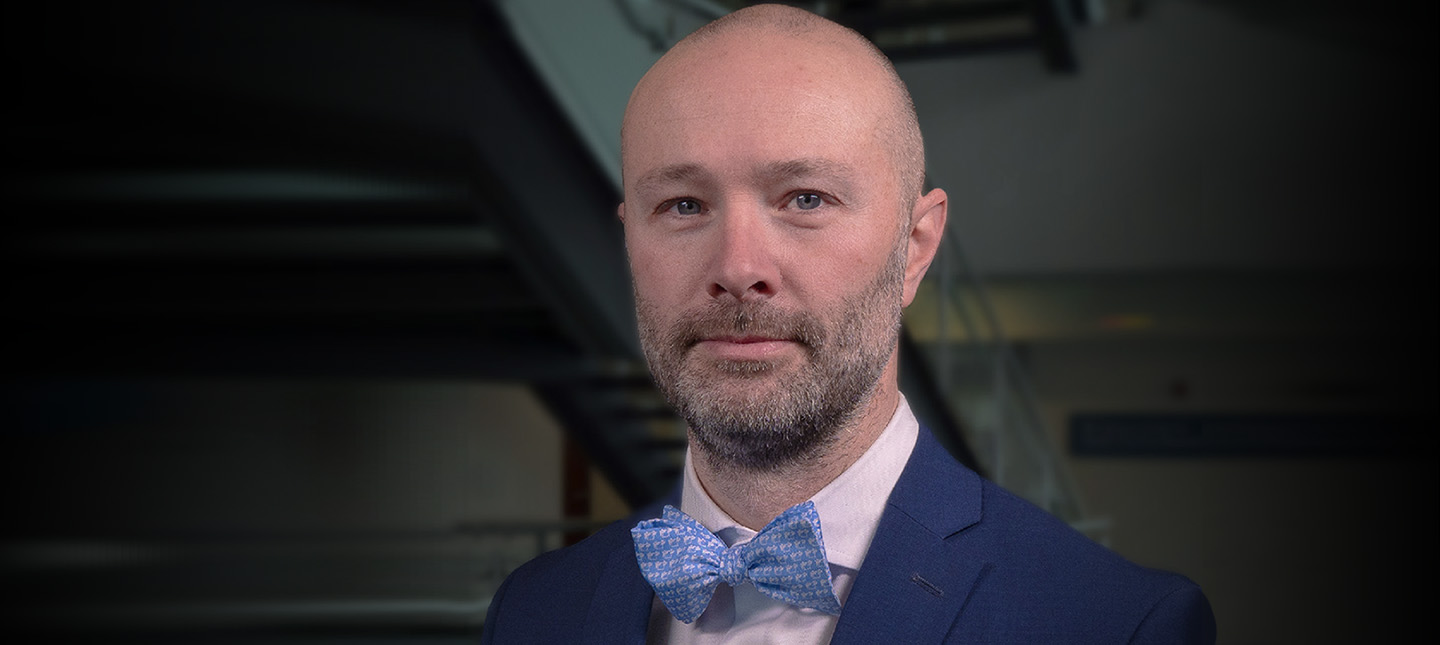The COVID-19 pandemic has impacted everyone in some way, but many people may not fully understand how the virus is spreading, the impact it’s having on communities or the effort to track and contain the spread. A symposium of experts hosted by the Indiana Pandemic Information Collaborative (IPIC) aims to answer those questions for the general public.
The 10-week virtual series will provide insight into a variety of topics about the COVID-19 outbreak specifically geared toward the average person who does not have a background in medicine or public health. Classes cover topics such as how vaccines are developed, why the virus has been so hard to track and contain, effectiveness of masks, and what needs to be done to prepare for the next outbreak. Each session will be taught by experts in the field.
A lay person’s guide to COVID-19 begins October 8. Sessions will occur virtually each Thursday from 4:30-5:30 p.m. Below are the topics for each date.
- October 8 – A Guide to COVID-19: The evolution, the symptoms and prevention
- October 15 – Immune response and vaccination: Antibodies, DNA, immunity and more
- October 22 – Measuring the spread: How Indiana measured the prevalence of COVID-19 across the entire state
- October 29 — Hospitals, pop-up testing and health information exchange: How to prepare for a pandemic
- November 5 – Engaging the community: COVID-19 and its impact on minority communities
- November 12 — Dashboarding: How data is translated into predictions and why the virus has been so hard to track and contain
- November 19 — Interpreting models: Why coronavirus spread can’t be tracked like a hurricane
- December 3 — National collaborations: How organizations across the country are combining resources to address the pandemic
- December 10 – Schools and COVID-19: How reopening schools has impacted the spread
- December 17 – Future Directions: How to prepare for the next pandemic
Participants can choose to attend any or all of the symposia.
The education series is being organized by the Indiana Pandemic Information Collaborative (IPIC), a statewide network of organizations working together to address the pandemic. The main goal of this group is to create a single location for data related to the COVID-19 outbreak, allowing experts to spend less time searching and collecting the data and more time using it to create solutions. IPIC is led by Regenstrief President and Chief Executive Officer Peter Embí, M.D., M.S., and includes academic institutions, government agencies, health systems and private partners.
About Regenstrief Institute
Founded in 1969 in Indianapolis, the Regenstrief Institute is a local, national and global leader dedicated to a world where better information empowers people to end disease and realize true health. A key research partner to Indiana University, Regenstrief and its research scientists are responsible for a growing number of major healthcare innovations and studies. Examples range from the development of global health information technology standards that enable the use and interoperability of electronic health records to improving patient-physician communications, to creating models of care that inform practice and improve the lives of patients around the globe.
Regenstrief Institute is celebrating 50 years of healthcare innovation. Sam Regenstrief, a successful entrepreneur from Connersville, Indiana, founded the institute with the goal of making healthcare more efficient and accessible for everyone. His vision continues to guide the institute’s research mission.











